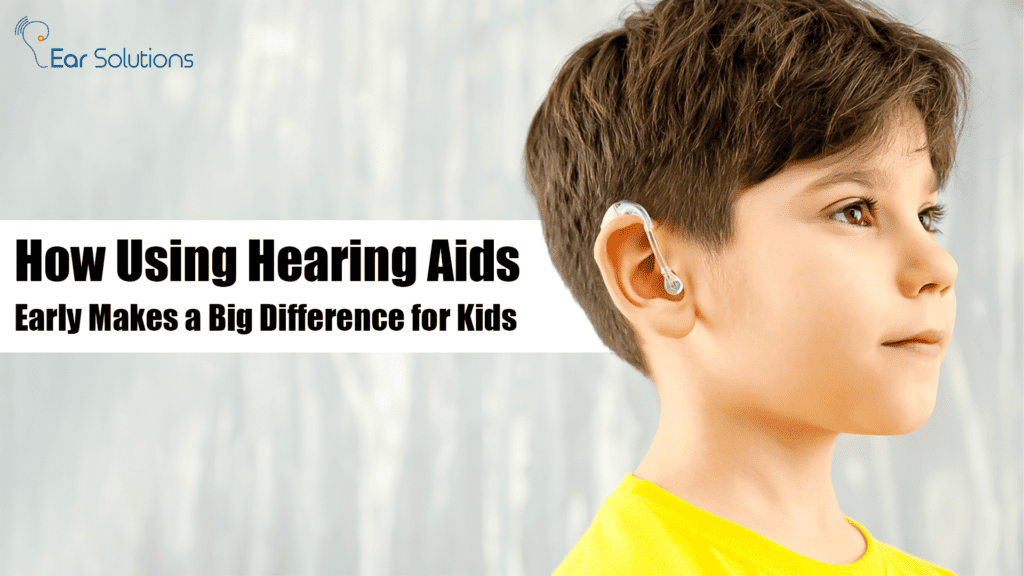Children’s health and well-being are of extreme importance, and one aspect that often goes unnoticed is the impact of hearing loss on the overall development of the child. In this blog, we will explore the importance of using hearing aids early in a child’s life, shedding light on the benefits, types of devices, and practical tips for parents.
Introduction
Definition of Hearing Aids
Hearing aids are sophisticated electronic devices designed to amplify sound for individuals experiencing hearing loss. For children, the timely use of hearing aids can make an adequate difference in their ability to communicate and learn.
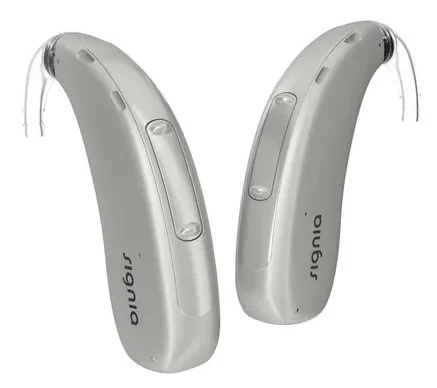
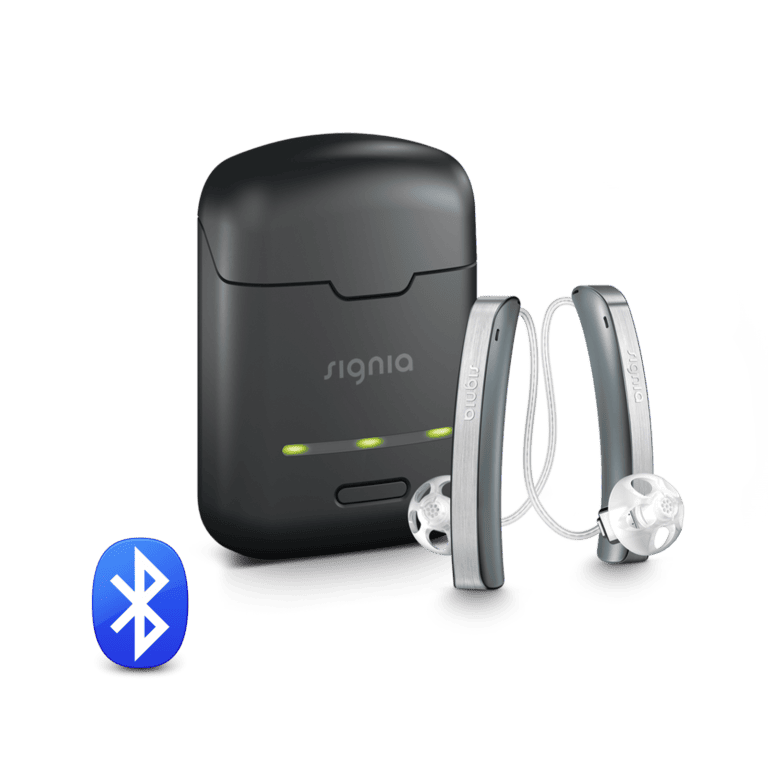
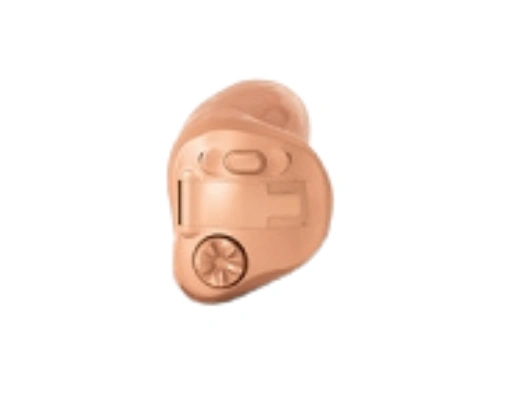
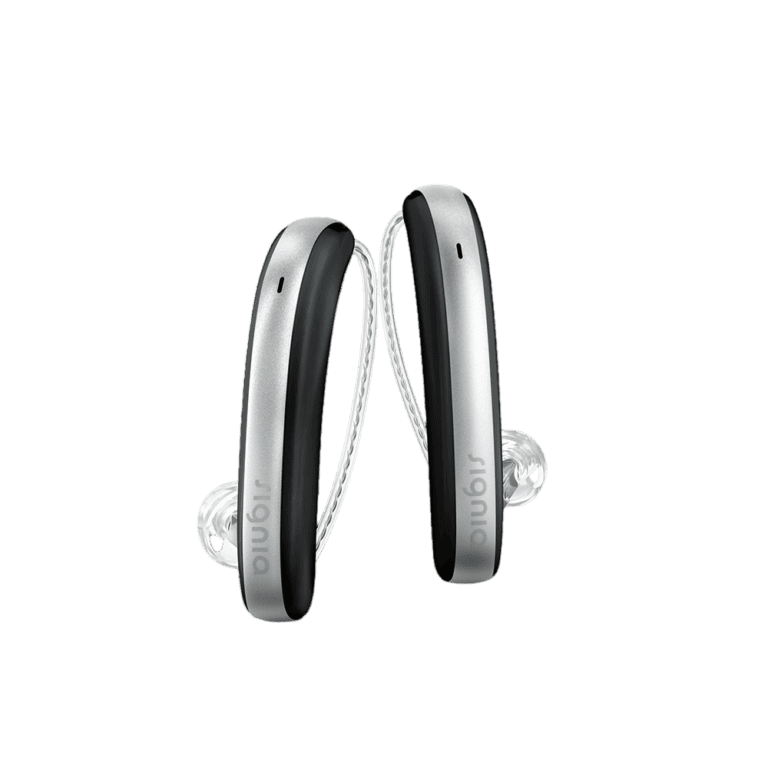
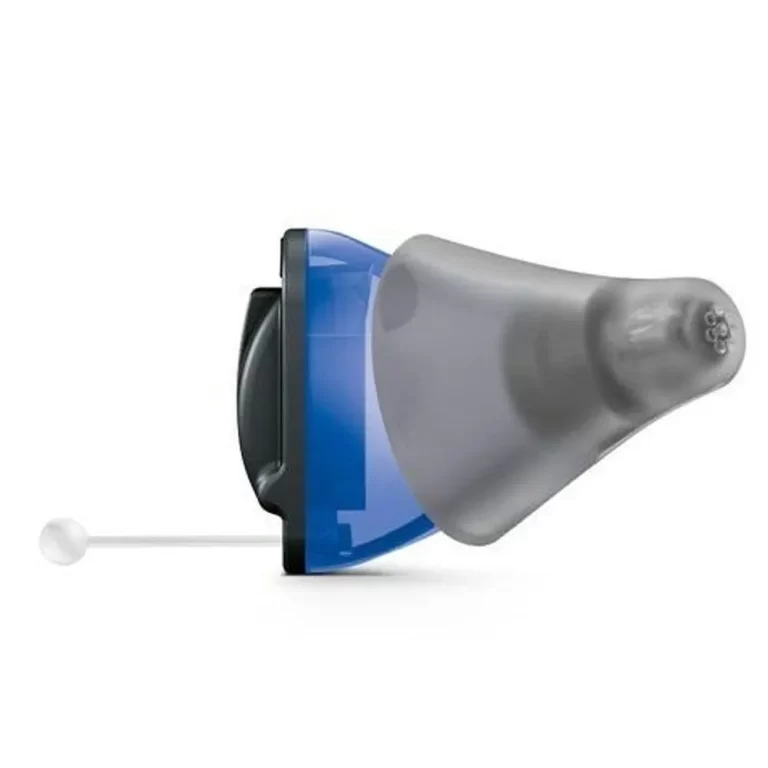
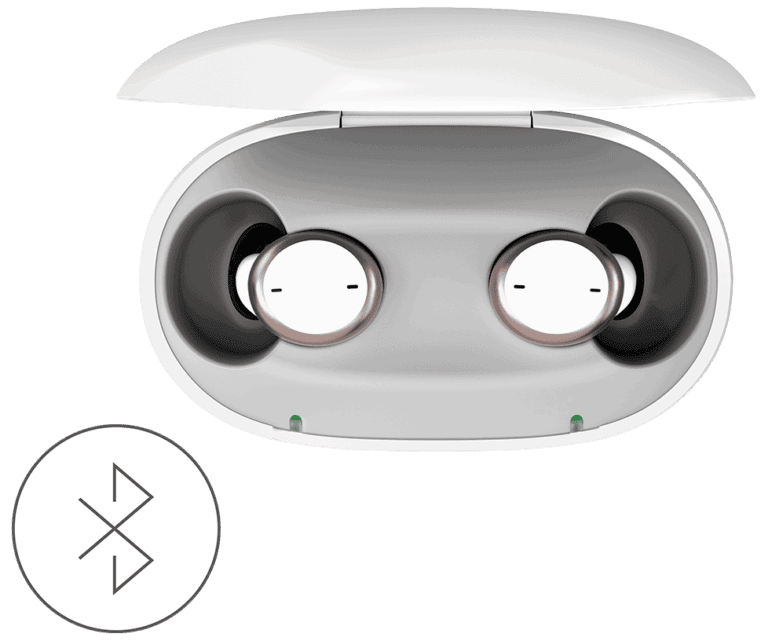
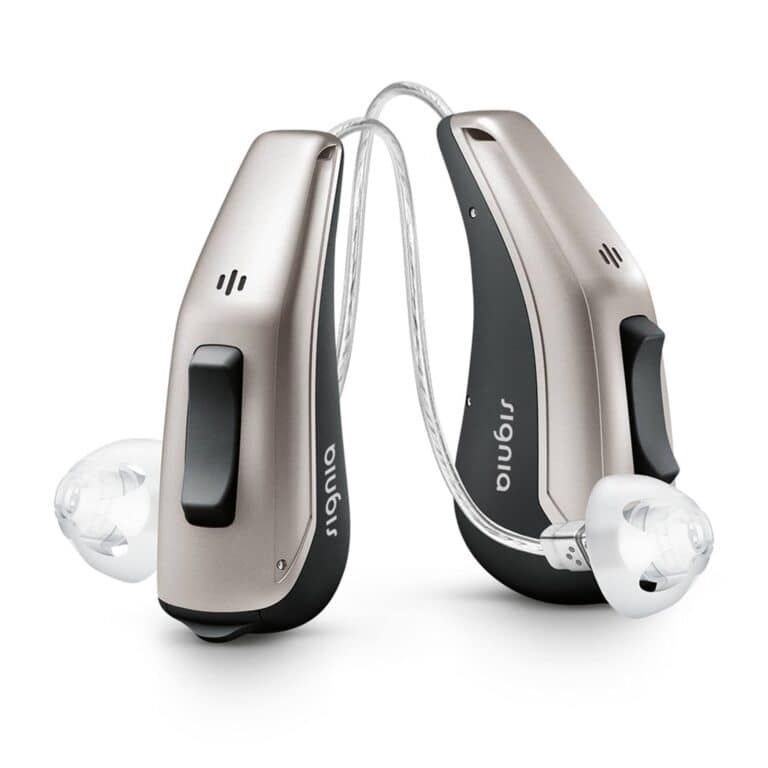
Importance of Early Intervention
The early years of a child’s life are crucial for learning language and cognitive development. Hearing loss during this period can lead to significant setbacks, making early intervention a key factor in mitigating potential challenges.
Hearing Development in Children
Critical Period for Language Acquisition
Research suggests that there is a critical period for language development in children, and any impediment, such as hearing loss, during this time can impact their ability to acquire language skills effectively.
Impact of Hearing Loss on Development
Beyond language acquisition, hearing loss can affect a child’s social and emotional well-being. It may lead to feelings of isolation and frustration, emphasizing the need for proactive measures.
Early Signs of Hearing Loss in Kids
Observational Cues for Parents
Parents play a crucial role in identifying early signs of hearing loss. Observational cues, such as lack of response to sounds or delayed speech, should not be ignored.

Importance of Regular Check-Ups
Regular check-ups with an audiologist can help in the early detection of hearing issues. Timely intervention can prevent potential delays in a child’s development. For consultation with the best audiologist, visit Ear Solutions hearing aid clinic.
Benefits of Early Intervention
Speech and Language Development
The use of hearing aids in the early stages enables children to develop speech and language skills more effectively. This, in turn, positively impacts their academic and social success.
Social and Emotional Well-Being
Early intervention contributes to the child’s overall well-being by fostering healthy social interactions and emotional development. The ability to communicate effectively builds confidence and self-esteem.
Types of Hearing Aids for Kids
Behind-the-Ear (BTE) Devices
BTE hearing aids are commonly recommended for children due to their versatility and ease of use. They are suitable for various degrees of hearing loss and are designed with safety and comfort in mind.

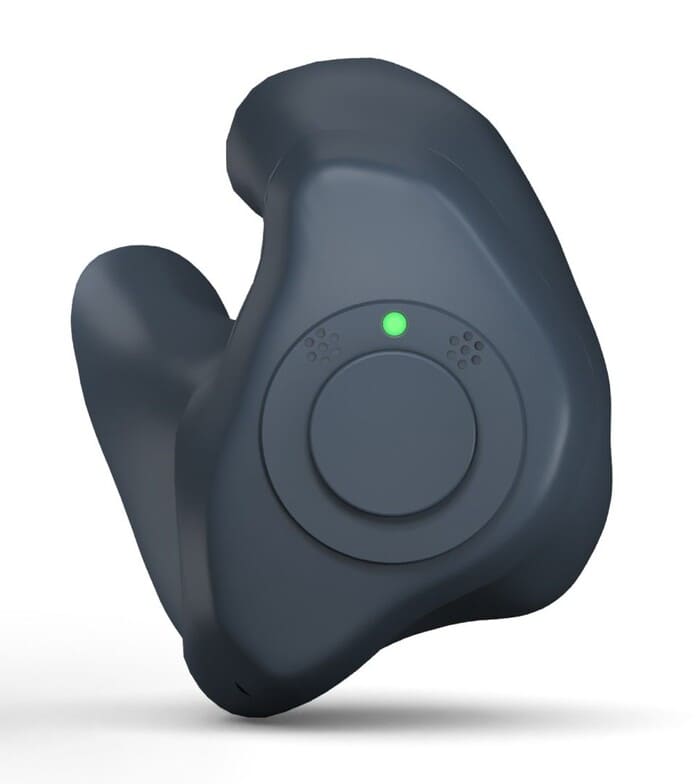
In-the-Ear (ITE) Devices
ITE hearing aids are custom-fitted to the child’s ear, providing a discreet and comfortable solution. These devices are suitable for mild to moderate hearing loss and offer advanced technological features.
Choosing the Right Hearing Aid
Consultation with Audiologists
Selecting the right hearing aid involves consultation with experienced audiologists. They can assess the child’s specific needs and recommend a device that aligns with their lifestyle and hearing requirements.
Customization for Individual Needs
Each child’s hearing needs are unique. Customizing hearing aids ensures that they address specific challenges, providing optimal support for the child’s development.
How Hearing Aids Work
Amplification of Sound
Hearing aids work by amplifying incoming sounds, making them audible for individuals with hearing loss. This technology aims to replicate the natural hearing process as closely as possible.
Technology Advancements
Advancements in hearing aid technology include features such as noise reduction, Bluetooth connectivity, and adaptive settings. These innovations enhance the overall user experience, especially for children in dynamic environments.
Overcoming Challenges
Adapting to Hearing Aids
Children may initially find wearing hearing aids challenging. Educating them about the benefits and involving them in the selection process can ease the transition.
Support from Family and Educators
A supportive environment at home and school is crucial. Educators and family members should be informed about the child’s needs and how to facilitate effective communication.
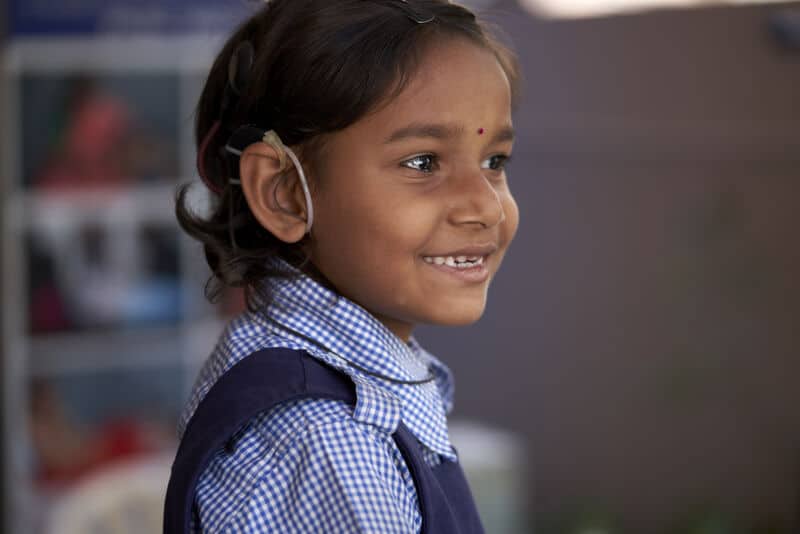
Success Stories
Real-Life Examples of Positive Outcomes
Sharing success stories of children who have benefited from early intervention and hearing aids can inspire hope and motivate parents to take proactive steps.
Improved Quality of Life
The positive impact of using hearing aids early is evident in the improved quality of life experienced by children. They can participate fully in social, academic, and extracurricular activities.
Addressing Common Concerns
Stigma Around Hearing Aids
Dispelling the stigma associated with hearing aids is essential. Emphasizing the normalcy of using these devices encourages acceptance and inclusivity.
Financial Considerations
Addressing financial concerns related to hearing aids is vital. Awareness of available support programs and insurance coverage can alleviate the financial burden for parents.
Advocacy for Early Hearing Screening
Importance of Awareness Campaigns
Advocacy efforts should focus on the importance of early hearing screening for all children. Public awareness campaigns can highlight the benefits of early detection and intervention.
Government Initiatives
Government support in the form of policies and programs for early hearing screening can significantly contribute to ensuring that all children have access to timely interventions.
Tips for Parents
Creating a Supportive Environment
Parents can create a supportive environment by encouraging open communication, actively participating in the child’s learning process, and fostering a positive attitude toward using hearing aids.

Encouraging Communication
Promoting effective communication skills is crucial. Parents can engage in activities that enhance listening and language development, contributing to the child’s overall progress.
Personalized Hearing Plans
Tailoring Interventions for Each Child
A personalized approach to hearing interventions considers the unique needs of each child. This ensures that the chosen strategies align with their specific challenges and goals.
Holistic Approach to Care
Addressing the child’s hearing needs as part of a holistic care plan involves collaboration between audiologists, educators, and parents. This comprehensive approach enhances the child’s chances of success.
The Future of Pediatric Audiology
Technological Advancements
The future of pediatric audiology holds exciting possibilities with ongoing technological advancements. Innovations may include even more discreet and user-friendly hearing aid options.
Research and Innovations
Continued research and innovations in hearing science will contribute to better understanding and addressing the diverse needs of children with hearing loss.
Read More About : Impact of Hearing Loss on Quality of Life in Children
Conclusion
In conclusion, the early use of hearing aids can make a substantial difference in a child’s life, impacting their speech, language, and overall development positively. Parents, educators, and policymakers play a vital role in creating an environment that fosters early intervention and support.
Frequently Asked Question (FAQs)
Q1: At what age can hearing loss be reliably detected in children?
Early detection is possible within the first few months of life through newborn hearing screening.
Q2: Where do parents get the best deals on the prices of hearing aids for children?
Ear Solutions hearing aid clinic in India offers great deals on the prices of hearing aids for kids. You can book a free appointment and get free hearing aid trials.
Q3: Can children with hearing aids participate in sports and other extracurricular activities?
Absolutely, with the right support, children with hearing aids can engage in a wide range of activities.
Q4: Do all children with hearing loss require the same type of hearing aid?
No, the type of hearing aid depends on the degree and nature of the child’s hearing loss.
Q5: How can parents help their child adapt to wearing hearing aids?
Involving the child in the process, providing positive reinforcement, and fostering a supportive environment can help in adaptation.

